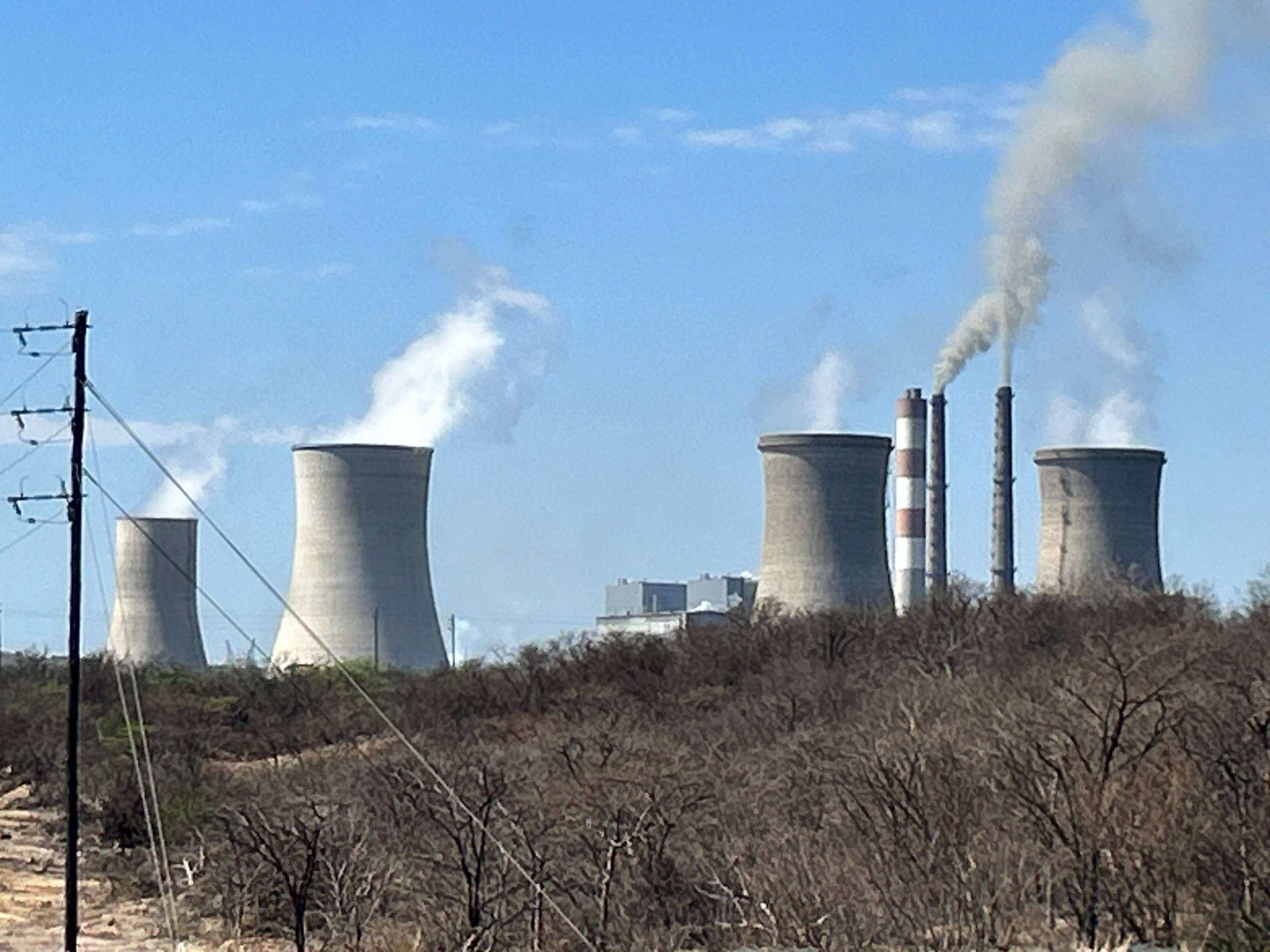 The Harare-Mozambique TelOne backbone fibre is now live. The state owned fixed telecoms operator has announced that the cable now links the state owned fixed operator to the East African Submarine System (EASSy) undersea cable through Mozambique.
The Harare-Mozambique TelOne backbone fibre is now live. The state owned fixed telecoms operator has announced that the cable now links the state owned fixed operator to the East African Submarine System (EASSy) undersea cable through Mozambique.
TelOne has taken up initial capacity of 2.48 Gbps (16 x STM-1s) and according to the company the expectation is that this will grow to 15 Gbps in the next 10 years.
The West Indian Ocean Cable Company (WIOCC) has a shareholding of 30 percent of EASSy, which currently boasts of a design capacity of 4.74 Tbps from Mtunzini (Durban) through Djibouti and Port Sudan to the rest of the world. TelOne has a stake in the cable through the WIOCC consortium.
The fibre, covering a distance of about 280km, is the first phase of the planned national backbone rollout. Another fibre cable is being laid in the Harare-Bulawayo-Beitbridge route. There will also be expansion of the already existing Harare –Chirundu route.
TelOne is the fourth operator to commercially launch high capacity international fibre bandwidth in Zimbabwe in just a year. In 2010 PowerTel, Econet and Africom all connected to international fibre cables at Zimbabwe’s borders with Botswana and South Africa and Mozambique respectively.
Operators connecting to international fibre has seen a gradual shift from the reliance on expensive satellite systems to carry voice and data services for the country.
TelOne has revealed that the project contract is being undertaken by Huawei Technologies of China. Huawei is a major mainstream supplier of telecoms solutions for various large telecommunication firms in Zimbabwe including Africom, Aquiva, Telecel, PowerTel, Econet and NetOne.













Comments
16 responses
me likes it
the ICT sector is bringing in exciting times: label : EXCITING TIMES AHEAD.
its quite crazy that almost four companies are independently digging their own fibre to connect to the sea, whilst the major benefit of this might be to allow uninterrupted internet access if one fibre goes down, but on the other hand its us consumers who will suffer as these companies have loans to repay, and before those loans are paid we wont see any reduction in internet prices. Just read on techcentral that the price of internet in south is now hovering at 7 cents per Mb. When will we see this kind of situation repeating in zimbabwe if the companies independently dig their fibres for a small market like zimbabwe. My point is that if all the companies had pooled their resources to do one or two fibre then they will contribute little and will take little time to repay their loans or recover back their monies and hence start lowering the prices after then.
Powertel reduced bandwidth prices for internet over fibre.
Powertel reduced bandwidth prices for internet over fibre.
Good news this. The focus should shift to improving our internal infrastructure, i.e faster local and regional access speeds/capacity.
I wouldn’t worry about how many operators are digging their fibre cable. It means more competition which should surely mean that in the long run tariffs will go down as customers have the ability t switch from non-performing operators.
Let the broadband wars begin. Telone should have a major advantage over their competitors if they pull their act together. Landline broadband is certainly better than all these base-station based pseudo-broadbands we are getting which have very high unavailabilty.
Am very excited and waiting to see if the speed improves
Can anyone comment on any improvements since the connection to eassy? can someone do tests to show if really their internet is going through eassy.
This is a step in the right direction for Zim because global industrial growth trends now point towards technology and telecomms.The fact that telecomms companies in Zimababwe are pushing forward and getting their own high speed connections spells enormous growth in downstream data survive provision.The high competition will obviously force tariffs down to affordable standards.If you look at back 4yrs ago there was such a high demand for high speed data services and perhaps there still is,which service providers could not meet and were providing it to a few at a high premium.This situation is changing as more providers come in ,monopolies who are usually hindrances to growth become obsolete.As for Tel One…good luck with developing the infrastructure required to sustain such a connection.
This is major development in Zimbabwe’s Internet Revolution. Its makes doing business with Zimbabwe much easier!